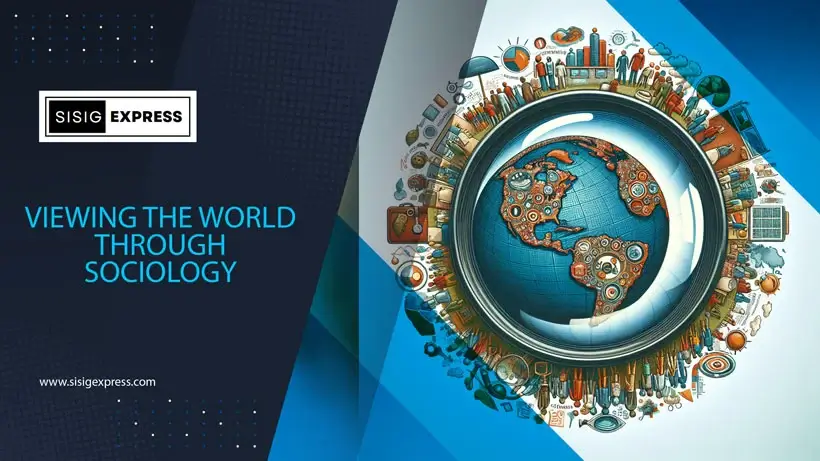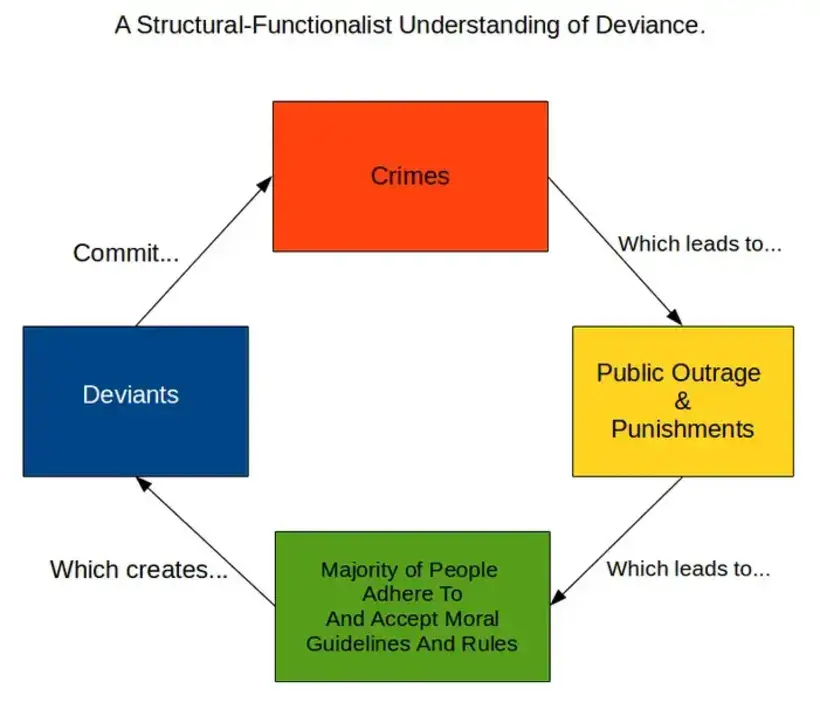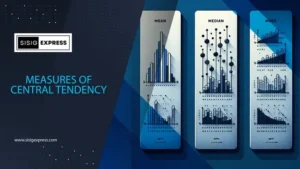
Before we explore various sociological ideas, it’s important to grasp the main perspectives and theories that will help you, as an aspiring sociologist, understand society better. These viewpoints will serve as a roadmap, guiding you in analyzing and interpreting social phenomena.
Table of Contents
What is Sociological Imagination?
Sociological imagination is a way of thinking that helps us understand how our personal experiences and challenges are connected to larger social issues and historical events. It was introduced by American sociologist C. Wright Mills in the mid-20th century.
Personal Troubles vs. Public Issues
Mills believed that people often face personal troubles in their lives, such as unemployment or relationship problems. However, when many people experience similar troubles, these can be seen as public issues that are rooted in society’s structures and processes, rather than just individual problems.
Connecting Biography and History
Having a sociological imagination means being able to see the link between your own life story (biography) and the broader context of society and history. It helps you understand that your experiences and decisions are shaped not only by your personal choices but also by the social world around you.
The Importance of Sociological Imagination
Developing a sociological imagination is crucial because it allows individuals to:
- Better understand their own lives and the lives of others
- Recognize how social forces impact their experiences and opportunities
- Make more informed decisions by considering the broader social context
- Work towards positive social change by addressing public issues
The Role of Sociologists
Sociologists play a key role in helping people develop their sociological imagination. They do this by studying social phenomena, revealing connections between personal experiences and larger social patterns, and sharing their insights with the public.
In essence, the sociological imagination is a powerful tool that enables us to see the world in a new light and understand the complex interplay between our individual lives and the larger society.
Peering Through Sociology’s Three Lenses
Sociology looks at society through three different lenses or perspectives:
1. Positivist Sociology
Positivist sociology applies the scientific methods used in natural sciences to study society. It focuses on observable and measurable facts to uncover the natural laws that govern social behavior. The key principles of positivist sociology are:
- Empiricism: Claims should be based on observable and measurable evidence
- Value-neutrality: Research should be objective and free from personal biases
- Unity of scientific method: Natural and social sciences should use the same research methods
- Law-like statements: General laws should be formulated to explain social phenomena
2. Interpretive Sociology
In contrast to positivism, interpretive sociology emphasizes the unique perspectives and meanings individuals attribute to their actions. Rather than making generalizations or predictions, it aims to gain an in-depth understanding of human activities and interpret the subjective experiences behind social actions. This perspective is rooted in Max Weber’s concept of “verstehen,” which means “to understand” in German.
3. Critical Sociology
Critical sociology differs from the other two perspectives in that it does not aim to be value-free. Instead, it is grounded in social activism, revolutionary struggles, and social justice movements. The central concept of critical sociology is Karl Marx’s historical materialism, which holds that societies are shaped primarily by power relations and collective economic activities. The goal of critical sociology is not just to explain or understand society but to change it and improve human and societal conditions.
While each perspective has its strengths and limitations, they all contribute to the foundation of sociological theories that help us understand the world and societies today.
Exploring the Big Three Sociological Theories
Sociological theories are explanations of social phenomena from a sociological perspective. They help us understand how society works and how people interact with each other. Three main sociological theories are:
1. Structural-Functional Theory
The structural-functional theory views society as an organism with interrelated parts that work together to maintain social order. It studies the roles of institutions and social processes and how they meet the needs of individuals in a society. If one part of the system changes, other parts will adapt to ensure social equilibrium and the continued existence of society. Key contributors to this theory include Emile Durkheim, Herbert Spencer, Robert Merton, A.R. Radcliffe-Brown, and Talcott Parsons.

2. Conflict Theory
Derived from Karl Marx’s perspective, conflict theory sees society as a result of the ongoing competition over limited resources. It highlights economic activities, power, and inequality, arguing that social institutions help maintain inequalities. Conflict theory suggests that social change can only be achieved when oppressed groups reach class consciousness and join together for potential revolutions. Feminist theory, which focuses on abolishing patriarchy and oppressive structures that are unequal to women, emerged from conflict theory.
3. Symbolic Interactionism Theory
Symbolic interactionism theory focuses on human actions and the patterns across individual behaviors, rather than large-scale social structures. It emphasizes the communication between people and how they make sense of their social worlds through the exchange of language and symbols. This theory, founded by George Herbert Mead and Herbert Blumer, has three basic premises:
- Human action is based on the meanings they attribute to a situation
- Meanings are formed from interactions with others and society
- These meanings are modified through an interpretative process
In summary, these three sociological theories provide different perspectives on how society functions and how individuals interact within it. Structural-functionalism focuses on the stability of society, conflict theory on social inequality and change, and symbolic interactionism on the meanings and interactions between individuals.





